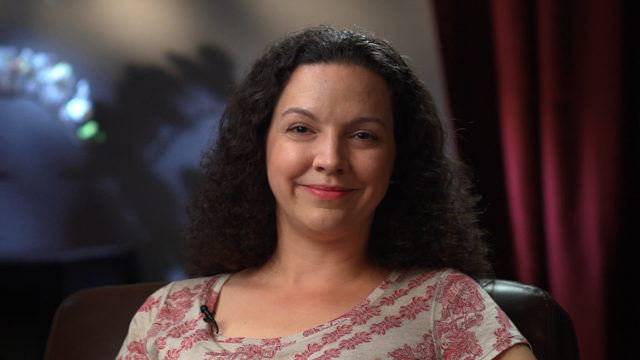“I’ve been interpreting in hospitals for 20 years. I don’t need training!” As the owner of a language agency, I can’t tell you how many times I’ve heard that claim. Perhaps you have even said it yourself. For me, that statement is a RED FLAG: an interpreter with this attitude is at the top of my list for urgent training!
“Why does a medical interpreter with so much experience need training?,” you may be wondering. I’m so glad you asked! Here are a few reasons:
EVERYONE needs training including novice interpreters, veteran interpreters, and interpreter trainers! I have yet to meet a medical interpreter who knew everything, especially when there is ALWAYS something new to learn in the rapidly advancing field of healthcare!
Share your thoughts about other reasons that medical interpreters need training in the Comments section of this post.
Read more posts in this series:
About VoicesACADEMY.com:
VoicesACADEMY is a subscription-based website for interpreters, translators and healthcare providers. We’re working hard to provide affordable, high quality training and professional support through on-demand videos and social networking. Join us on Twitter (@VoicesAcademy), Facebook (VoicesAcademy) and LinkedIn (VoicesAcademy).
About the author:
Michelle A. Scott is a bilingual Registered Nurse and Medical Sociologist who founded Voices For Health, Inc. in 1997. She advocates for raising the standards of language accommodation in healthcare through conference lectures, professional leadership and development of video content for VoicesACADEMY.com.
